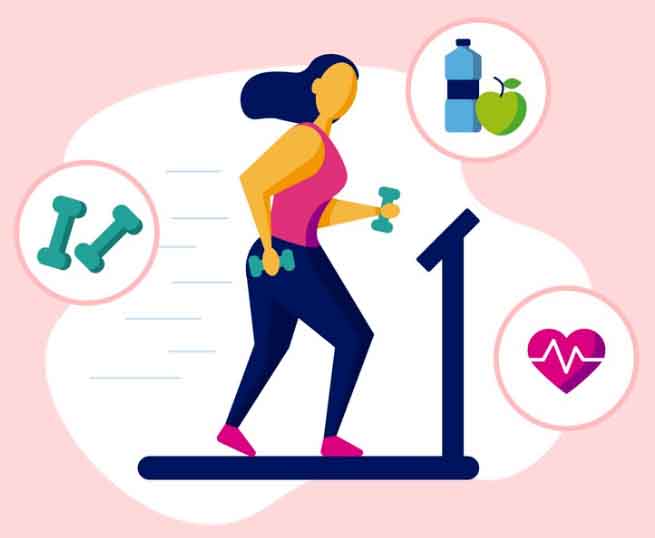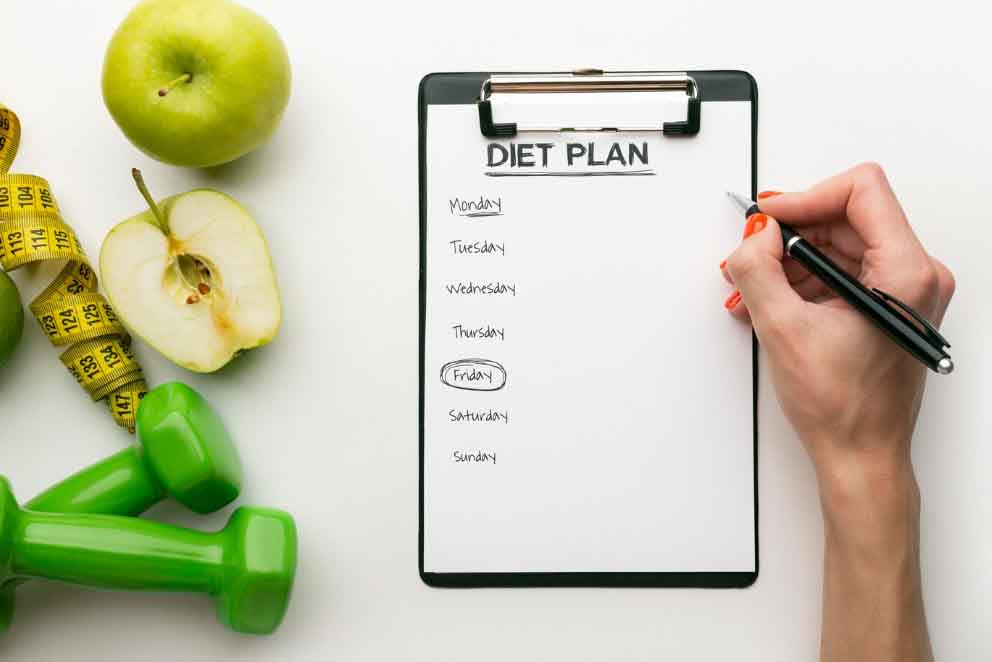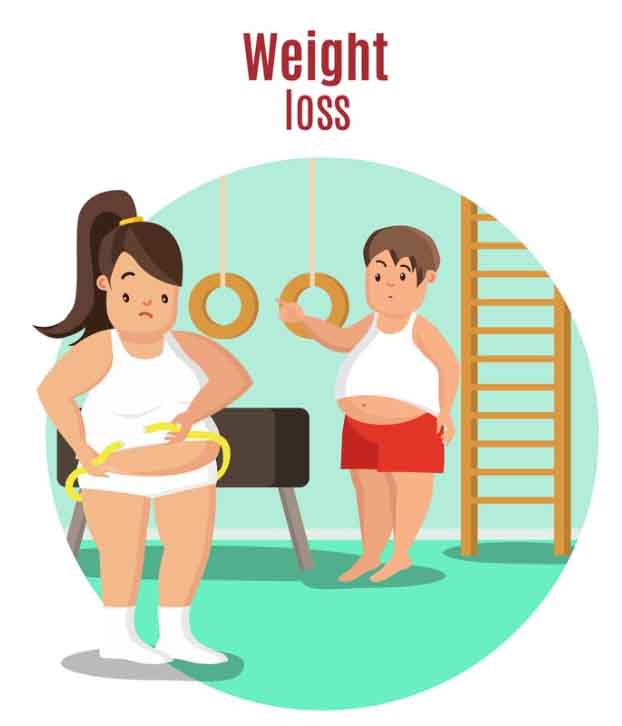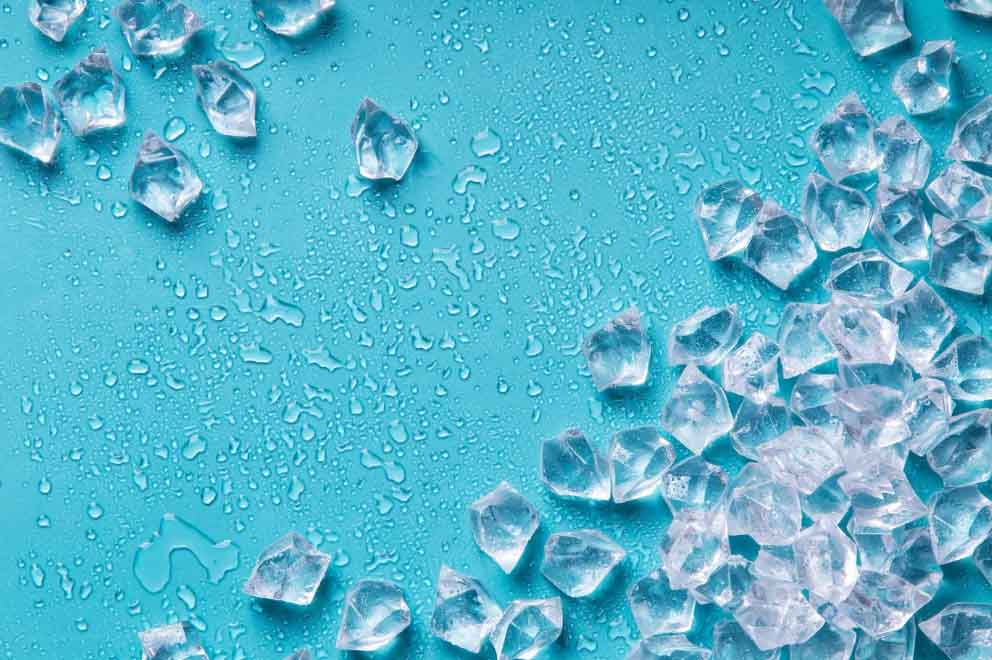Weight Loss: Ditching pounds doesn’t require crash diets or fad trends. Embark on a healthier you with simple, sustainable steps. Swap processed snacks for vibrant fruits and veggies. Discover the joy of movement, be it a brisk walk or a joyful dance. Build muscle and boost your metabolism with strength training, feeling fit from the inside out. Manage stress and prioritize sleep, letting your body thrive. This journey isn’t about quick fixes, but about lasting habits for a happier, healthier you. Celebrate every step, big or small, and remember, the greatest gains come from focusing on your well-being, not just the number on the scale.
Table of Contents
Extreme Weight Loss Methods

It’s important to understand that extreme weight loss methods are generally not recommended or sustainable. They often come with significant health risks and are unlikely to lead to long-term weight loss.
Instead of focusing on quick fixes, it’s crucial to adopt healthy and sustainable lifestyle changes that can help you lose weight and keep it off in the long run. These include:
- Eating a balanced diet: Focus on whole, unprocessed foods like fruits, vegetables, lean protein, and whole grains. Try not to consume processed foods, sugary drinks, and unhealthy fats.
- Getting regular exercise: Aim for at least 150 minutes of moderate-intensity exercise or 75 minutes of vigorous-intensity exercise per week.
- Getting enough sleep: Try to sleep atleast 7-8 Hours per night.
- Managing stress: Stress can contribute to weight gain, so find healthy ways to manage stress, such as yoga, meditation, or spending time in nature.
However, I understand your interest in extreme methods, so here’s a brief overview of some high-risk approaches:
1. Crash Diets: These diets severely restrict calories (often to 800-1200 per day) and can lead to rapid weight loss. However, they are often unsustainable and can cause nutrient deficiencies, muscle loss, and even eating disorders.
2. Fasting: There are various fasting methods, such as intermittent fasting or extended fasts, that involve restricting food intake for specific periods. While some studies suggest potential benefits for weight loss and overall health, fasting can be challenging and shouldn’t be attempted without proper medical supervision.
3. Weight Loss Surgery: This is a medical procedure for people with severe obesity who haven’t been successful with other weight loss methods. It’s a major surgery with potential complications and should only be considered as a last resort.
4. Unregulated Supplements and Medications: Some people resort to using unregulated supplements or medications for weight loss. However, these can be dangerous and have serious side effects. Always consult a doctor before taking any weight-loss supplements or medications.
Remember: Prioritizing your health and well-being is paramount. Always consult a doctor or registered dietitian before attempting any weight loss method, especially extreme ones. They can help you create a safe and effective plan for reaching your goals.
See More : 7 Day Meal Plan for Muscle Gain and Fat Loss
Weight Loss Diet Chart

Follow these general principles:
- Prioritize whole foods: Fill your plate with fruits, vegetables, whole grains, and lean protein sources. These are nutrient-dense and keep you feeling full.
- Limit processed foods, sugary drinks, and unhealthy fats: These are high in calories and low in nutrients, hindering weight loss goals.
- Control portion sizes: Use measuring cups and spoons to avoid overeating.
- Plan and prepare meals: Having healthy options readily available reduces unhealthy choices.
- Stay hydrated: Drink a good amount of water throughout the day to keep your body functioning optimally.
3. Sample meal plan (adapt based on your preferences):
Breakfast:
- Greek yogurt with berries and granola
- Scrambled eggs with whole-wheat toast and avocado
- Oatmeal with nuts and fruit
Lunch:
- Tuna salad sandwich on whole-wheat bread with lettuce and tomato
- Lentil soup with a side salad
- A hearty and healthy plate featuring lean grilled chicken, fluffy quinoa, and an array of flavorful roasted vegetables.
Dinner:
- Salmon with roasted sweet potato and broccoli
- Tofu stir-fry with brown rice
- Turkey chili with a side salad
Snacks:
- Fruits and vegetables
- Nuts and seeds
- Greek yogurt
- Hard-boiled eggs
4. Resources for creating your own diet chart:
- USDA ChooseMyPlate: https://www.myplate.gov/
- Academy of Nutrition and Dietetics: https://www.eatright.org/
- Mayo Clinic Healthy Weight Tool: https://diet.mayoclinic.org/us/motivational-tips/weight-loss-calculator/
5. Remember:
- Consistency is key to weight loss. Focus on making sustainable changes you can stick with long-term.
- Consult a healthcare professional or registered dietitian for personalized guidance and a safe, effective weight-loss plan tailored to your specific needs.
Weight Loss Foods

When it comes to weight loss, the old adage “you are what you eat” rings truer than ever. Filling your plate with nutritious, low-calorie foods is key to shedding pounds and keeping them off. Don’t know where to start when there are so many options available.
Here are some of the best weight-loss foods to incorporate into your diet:
1. Lean Protein: Protein is essential for building and maintaining muscle mass, which helps boost metabolism and burn more calories throughout the day. Opt for lean protein sources like chicken, fish, beans, lentils, tofu, and Greek yogurt.
Lean protein sources like chicken, fish, beans, lentils, tofu, and Greek yogurt.
2. Fiber-Rich Fruits and Vegetables: Fruits and vegetables are packed with nutrients and fiber, which keeps you feeling full and satisfied for longer, reducing the urge to snack. Aim for a variety of colorful fruits and veggies, including berries, leafy greens, broccoli, carrots, and bell peppers.
FiberRich Fruits and Vegetables like berries, leafy greens, broccoli, carrots, and bell peppers.
3. Healthy Fats: Healthy fats, such as those found in avocados, nuts, seeds, and olive oil, can help regulate appetite, improve blood sugar control, and boost heart health. Include a moderate amount of these fats in your diet, but be mindful of portion sizes as they are calorie-dense.
Healthy Fats like avocados, nuts, seeds, and olive oil.
4. Whole Grains: Whole grains like quinoa, brown rice, and oats are rich in fiber and complex carbohydrates, which provide sustained energy throughout the day and help regulate blood sugar levels. Choose whole grains over refined grains like white bread and pasta.
Whole Grains like quinoa, brown rice, and oats.
5. Water: Water is essential for overall health and can also aid in weight loss. Drinking plenty of water throughout the day helps keep you feeling full and can even boost metabolism slightly. Try to have eight glasses of water per day.
Bonus tip: Don’t forget the power of spices! They can add flavor to your food without adding calories and may even have some metabolism-boosting properties. Try adding cinnamon, ginger, turmeric, and chili pepper to your meals.
Remember, weight loss is not a piece of cake. Focus on making healthy choices most of the time, and don’t be discouraged by occasional setbacks. By incorporating these weight-loss foods into your diet and adopting a sustainable lifestyle, you can reach your goals and achieve a healthier you.
Weight Loss Drinks

While the old adage “you are what you eat” holds true, it’s important to remember that “you are also what you drink!” While no magic drink exists for effortless weight loss, incorporating certain beverages into your routine can definitely support your weight loss journey alongside a healthy diet and exercise. Here are some of the best weight-loss drinks to consider:
1. Water: The OG of weight-loss drinks, plain old water is crucial for overall health and can aid in weight loss by keeping you feeling full and hydrated. Aim for eight glasses of water per day, and even consider infusing it with fruits, herbs, or cucumber for a flavor boost.
2. Green Tea: Green tea is packed with antioxidants, particularly epigallocatechin gallate (EGCG), which may help boost metabolism and fat burning. Studies suggest that green tea can be particularly effective when combined with exercise. Enjoy it hot or cold, and keep an eye on added sugars if opting for bottled varieties.
3. Black Coffee: Coffee can also be a good ally in weight management. Caffeine in coffee can slightly increase metabolism and improve exercise performance. Just remember to go easy on the added sugars and cream, as those can quickly turn your healthy drink into a calorie bomb.
4. High-Protein Shakes: Protein shakes can help you feel full and satisfied, potentially reducing calorie intake throughout the day. Opt for homemade shakes made with unsweetened plant-based or dairy milk, protein powder, and fruits or vegetables. Avoid pre-made shakes often loaded with sugar and unhealthy additives.
5. Vegetable Juices: While fruit juices can be high in sugar, vegetable juices can be a good way to get in your daily dose of veggies and potentially aid in weight loss. Opt for low-sugar options like carrot, spinach, or cucumber juice, and remember that they shouldn’t replace whole vegetables in your diet.
Bonus Tip: Don’t underestimate the power of herbal teas. Ginger tea, for example, can aid digestion and reduce bloating, while peppermint tea can suppress appetite and freshen breath. Explore different options and find your favorites!
How can I lose 5 kg in a week?

Losing weight can feel like a daunting task, with countless myths and fad diets promising rapid results. But before you jump on the latest bandwagon, let’s talk reality: shedding 5 kg in a week is simply not sustainable or healthy. Extreme methods like crash diets or excessive exercise might offer a temporary dip on the scale, but they often come with hidden costs, impacting your health and hindering long-term success.
So, ditch the quick fix mentality and embrace realistic and sustainable weight loss practices. This article will guide you away from harmful shortcuts and towards practical, science-backed methods for achieving your weight loss goals safely and effectively.
Why “Losing 5 kg in a Week” is a Bad Idea:
- Unsustainable and Unhealthy: Crash diets and extreme exercise deprive your body of essential nutrients, triggering fatigue, muscle loss, and potentially leading to eating disorders.
- Mostly Water Weight: Rapid weight loss in the first week is primarily water weight, not actual fat. This weight will bounce back quickly once you return to your regular eating habits.
- Negative Health Impacts: Extreme methods can stress your body, impacting your metabolism, hormones, and even organ function. They can also increase the risk of gallstones, kidney stones, and even heart disease.
Shift Your Focus: Sustainable Weight Loss Strategies:
- Balanced Diet: Ditch processed foods and sugary drinks. Embrace a plate filled with fruits, vegetables, whole grains, and lean protein for lasting satiety and optimal health.
- Moderate Calorie Deficit: Aim for a gradual calorie deficit of 500-1000 calories per day. This translates to a healthy weight loss of 0.5-1 kg per week.
- Regular Exercise: Incorporate at least 150 minutes of moderate-intensity exercise or 75 minutes of vigorous-intensity exercise weekly. Find activities you enjoy, from brisk walking and swimming to cycling and dancing.
- Build Muscle: Strength training helps build muscle, which boosts your metabolism and burns more calories even at rest. Include exercises like squats, lunges, and push-ups in your routine.
- Hydration is Key: Drink plenty of water throughout the day to keep your body functioning optimally and prevent dehydration, which can mimic weight gain.
- Prioritize Sleep: Aim for 7-8 hours of sleep per night. Sleep deprivation disrupts hormones that regulate hunger and metabolism, making weight loss more challenging.
- Manage Stress: Chronic stress can contribute to weight gain. Find healthy stress-management techniques like yoga, meditation, or spending time in nature.
Ice Hack Weight Loss

The “Ice Hack” for weight loss has gained some traction online, but it’s important to approach it with caution and understand its limitations. Here’s a breakdown to help you navigate this trend:
What is the Ice Hack?
There are two main versions of the Ice Hack:
- Applying ice packs to target areas like the abdomen or thighs: The theory is that the cold temperature stimulates brown fat (a type of fat that burns calories for heat) in these areas, leading to localized fat loss.
- Drinking ice water: This approach also relies on the idea that your body burns calories to warm up the cold water, boosting metabolism and aiding in weight loss.
Does the Ice Hack actually work?
The evidence for the Ice Hack’s effectiveness is limited and inconclusive. While some studies show brown fat activation with cold exposure, it’s unclear if this translates to significant weight loss. Additionally, the amount of calories burned from drinking ice water is quite small and unlikely to make a noticeable difference.
Potential downsides of the Ice Hack:
- Ineffective for overall weight loss: Localized fat burning through ice packs is highly unlikely, and simply drinking ice water isn’t a magic bullet for weight loss.
- Health risks: Prolonged exposure to ice on the skin can cause cold burns, and focusing solely on external solutions ignores the importance of a healthy diet and regular exercise for weight management.
- Distraction from effective strategies: Fixating on the Ice Hack might divert attention from proven methods like calorie control and physical activity, hindering long-term weight loss goals.
What should you do instead?
If you’re looking for safe and effective ways to lose weight, here are some better strategies:
- Focus on a balanced diet: Prioritize fruits, vegetables, whole grains, and lean protein while limiting processed foods, sugary drinks, and unhealthy fats.
- Regular exercise: Try at least 150 minutes of moderate-intensity exercise or 75 minutes of vigorous-intensity exercise per week.
- Build muscle: Strength training helps increase your metabolism and burn more calories even at rest.
- Manage stress: Chronic stress can contribute to weight gain, so find healthy ways to manage it, like yoga, meditation, or spending time in nature.
- Consult a healthcare professional: A doctor or registered dietitian can provide personalized guidance and develop a safe and sustainable weight-loss plan tailored to your needs.



